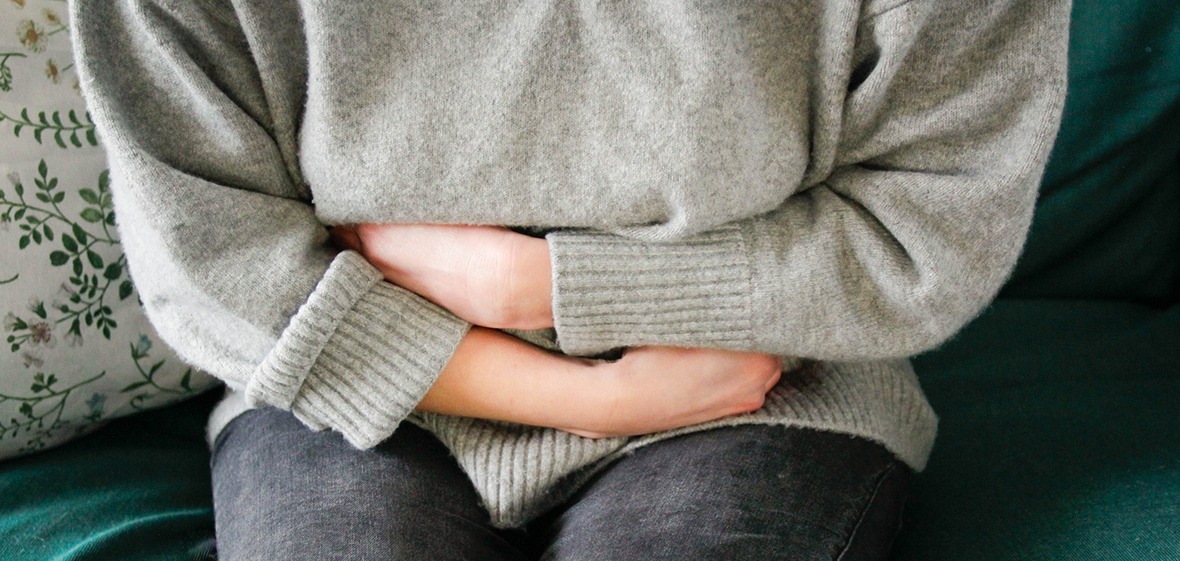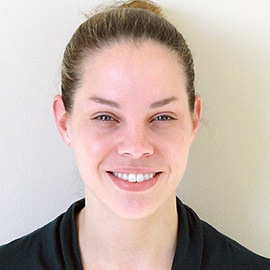
Abdominal pain, or a stomachache, can be a symptom of both non-serious and serious health conditions. Stomach pain or discomfort is not dangerous after eating a meal if you know what is causing it, such as food sensitivity or eating too much. However, if you experience persistent pain or nausea after eating, it may be a sign of a more serious health condition.
Some people’s stomach pain could be easily fixable by eating a balanced, healthy diet instead of consuming fatty foods and sugary drinks. Common reasons why your stomach might hurt after eating may include food poisoning, consuming spicy or acidic food, indigestion, eating too much or a food allergy.
However, some serious medical conditions can be the underlying reason why someone’s stomach is in pain.
Gastritis
Gastritis is one medical condition that can make your stomach hurt after eating. It causes the lining of the stomach to become inflamed and causes stomach pain, sickness, vomiting and indigestion.
Gastroparesis
Gastroparesis is a condition where food moves more slowly or cannot move from the stomach to the small intestine. Gastroparesis can be caused by:
- A viral infection in your stomach
- Parkinson’s disease or multiple sclerosis
- Autoimmune disorders, including scleroderma
- Hypothyroidism (underactive thyroid)
- Injury from surgery in your small intestine, stomach or esophagus
There is no cure for gastroparesis, but treatment options can include medication, nutrition therapy and surgery. You can also work on treating any underlying conditions that caused the gastroparesis.
Inflammatory Bowel Disease
Inflammatory bowel disease (IBD) is another condition that causes the gut to become inflamed. This is a long-term condition and requires treatment with medication and lifestyle changes.
Irritable bowel syndrome (IBS) is a condition that also affects the digestive system. It can cause stomach cramps, bloating, constipation or diarrhea. Although there is no cure, lifestyle changes can help.
Stomach Ulcer
Abdominal pain could also result from a stomach ulcer, which is a sore that develops on the stomach lining and causes a burning pain in the middle of the stomach. It is usually caused by an infection and treatment includes medication. Other conditions that could cause abdominal pain include gallstones, heartburn, hyperthyroidism or celiac disease.
Bloated Stomach
A bloated stomach can also be the reason for abdominal or gut pain. A bloated stomach feels tight, full and often painful. Excess intestinal gas is the most common cause of stomach bloating.
If you get a bloated stomach after eating, it could be a digestive issue. It could also be as simple as a food intolerance, eating too fast or another condition that may cause gas and digestive contents to build up. Sometimes, but rarely, a bloated stomach could indicate a serious medical condition. Always talk to your provider about a bloated stomach if it becomes serious.
Talk with a Health Care Provider
Make sure to discuss your symptoms with your provider if they could indicate any serious medical condition. If your stomach pain continues after adding lifestyle and diet changes, do be sure to see a provider.
UofL Physicians – Primary Care is available to help you determine the cause of and get rid of abdominal pain. You can call 502-588-4343 to make an appointment.









